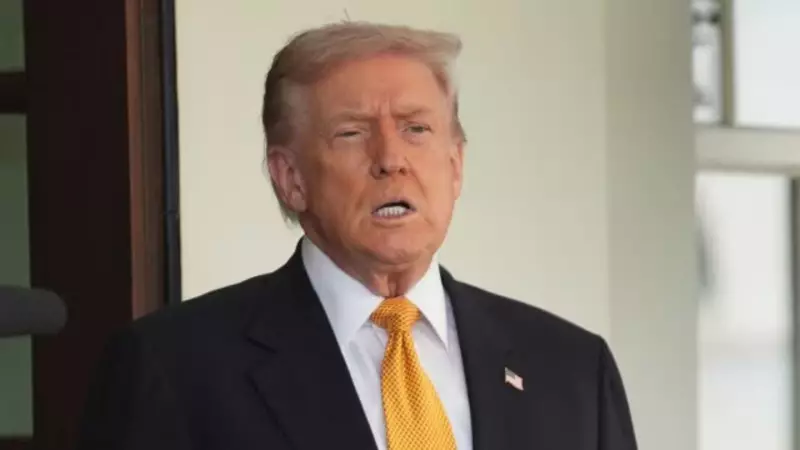
In a significant diplomatic development, the United States has been blocked from taking its seat at the United Nations' labour agency governance body due to concerns surrounding a Trump-era appointee and funding influence. The unprecedented move prevents American representation at the International Labour Organization's governing body, marking a substantial setback for US international engagement.
The Diplomatic Standoff Explained
The controversy centers around Andrew Bremberg, former US ambassador to Geneva appointed by President Donald Trump, whom the Biden administration nominated to represent American interests at the ILO. However, other member states raised serious concerns about potential conflicts of interest and improper influence related to funding matters.
According to diplomatic sources, the objection stems from apprehension that Bremberg's position could give the United States disproportionate influence over the UN specialized agency's decisions and policies. The United States is historically the largest funder of the ILO, contributing approximately $110 million annually, which represents nearly 25% of the organization's regular budget.
Historical Context and Precedents
This exclusion marks a dramatic departure from tradition, as the United States has maintained a permanent seat on the ILO governing body since the organization's founding in 1919. The current situation represents one of the most significant diplomatic rebukes to US influence in a UN specialized agency in recent memory.
The Biden administration had sought to maintain continuity by renaming Bremberg to the position despite his original appointment under the previous administration. This decision now appears to have backfired spectacularly, leaving the world's largest economy without formal representation in critical international labour discussions.
Implications for Global Labour Standards
The exclusion comes at a particularly sensitive time for global labour relations. The ILO is currently addressing numerous pressing issues including pandemic recovery measures, forced labour concerns, child labour elimination, and the future of work in the digital age. Without US participation, critical decisions affecting workers worldwide will proceed without input from one of the most influential member states.
Diplomats familiar with the matter indicate that the blocking of US representation reflects growing international concern about the potential for major funders to exert undue influence over multilateral organizations. This incident may signal a broader shift in how member states approach power dynamics within UN agencies.
The situation remains fluid, with US officials reportedly engaged in intense diplomatic efforts to resolve the impasse. However, as of the most recent developments, the seat reserved for the United States on the ILO governing body remains conspicuously empty during important policy deliberations.





